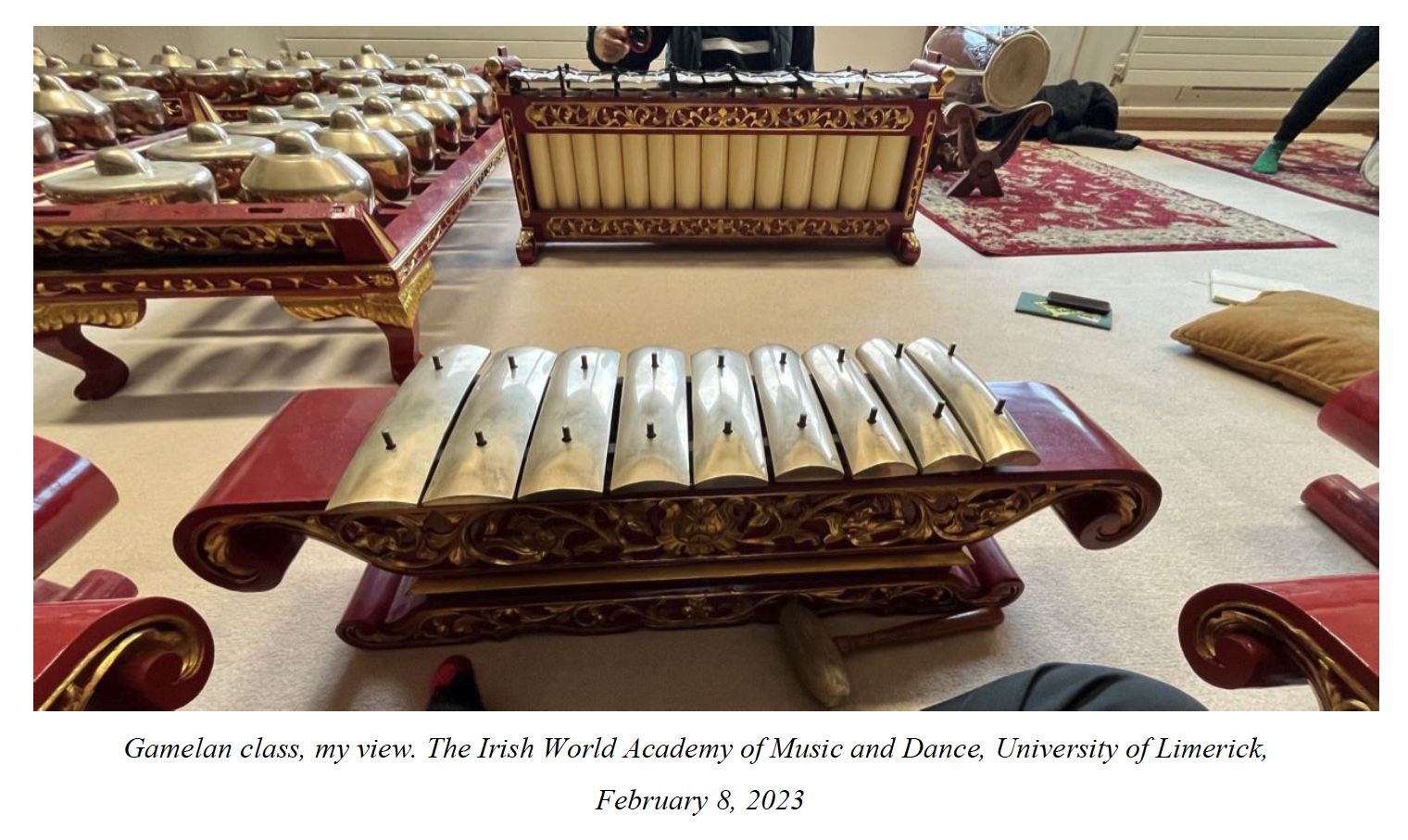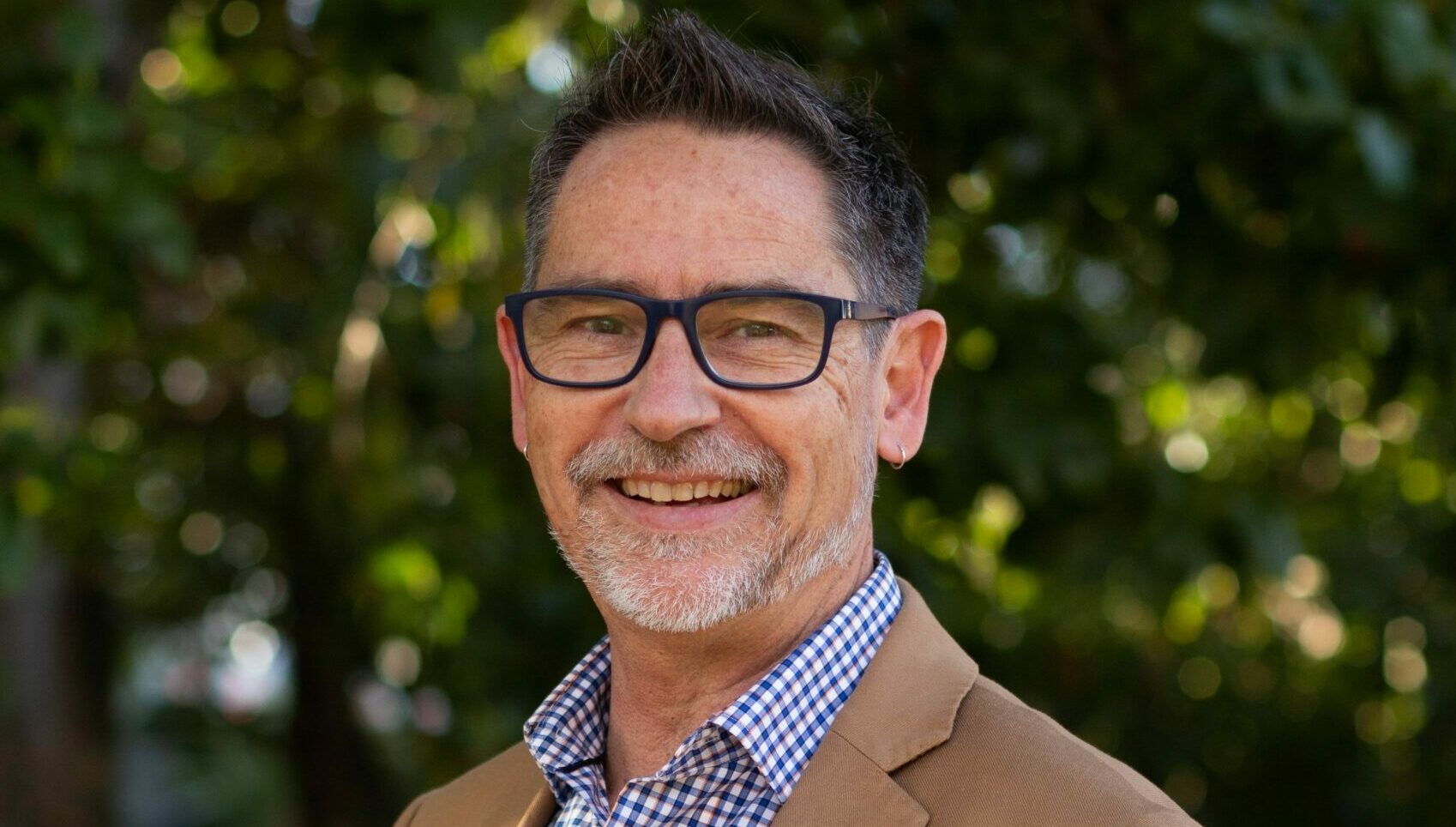Graham Sattler, a visionary musician, educator, and orchestra CEO from NSW, has recently landed after his journey across seven countries—Armenia, Canada, Ireland, Norway, Portugal, UK, and USA on his Churchill Fellowship. His mission: to bring the power of music back to the heart of Australian communities, to realise the profound impact of music on the brain’s ability to cope with stress while boosting self-satisfaction and self-confidence.
Graham said: “Inclusive community music activity changes lives, positively impacting self-esteem, psychological health, social engagement and community well-being,”
“We have much to learn from overseas. In Australia, our orchestras, choirs, opera can build much stronger connections with community organisations such as hospitals, retirement homes, pre-schools, schools, migrant centres, to provide terrific partnerships and opportunities for workplace learning,”
Graham observed global best-practice in community music leadership training environments across the world, and brings this learning back home. His vision is for Australia to realise stronger connections between the music industry and community organisations, to spread greater joy. Equipped with his knowledge, Graham envisions a much more harmonious future for Australia, where music binds communities closer together bringing greater joy and comfort.
Graham said “Very simply, this is about bringing community and music together – connecting more music with more people in Australia, and empowering people to do this,”
“Public funding for community music leadership training and trainers is essential to foster grassroots development, and align with the Australian Government’s commitment to increasing community connection through arts and culture,” said Graham.
Adam Davey, CEO of the Winston Churchill Trust congratulated Graham on his Fellowship.
“In today’s complex world people are craving community activities more than ever, and music has the power to change lives in a positive way. I encourage leaders of all levels of government and community sectors to take hold of Graham’s knowledge and findings,” said Mr Davey.
Graham’s recommendations for Australian context include:
- Music education organisations should recognise quality inclusive community music leadership as a valued outcome. They should offer courses and programs that focus on community music, giving it equal importance as performance, composition, and musicology programs. This could include micro-credentials, undergraduate majors, and postgraduate degrees to cater to practitioners aspiring to contribute to social cohesion and community well-being.
- Music education and training institutions should incorporate work-integrated learning and ongoing field experience into community music leadership programs. Practical experience in relevant industry settings is vital for developing skilled leaders in community music.
- Performance entities like orchestras, choirs, and opera companies, along with community organisations such as hospitals, retirement homes, schools, etc., should collaborate to provide opportunities for workplace learning in community music. Course providers can establish partnerships for co-delivering training.
- Not-for-profit community music schools and regional conservatoriums should consider partnering with degree-granting institutions to jointly offer qualifications in community music leadership, acknowledging the growing interest in this field.
- Higher education and training organisations should prioritise local community engagement. Training in leadership for accessible and inclusive group musicking offers numerous benefits and aligns with the national and state school music curriculum delivery, social work, and music therapy.
Graham said “Publicly funded universities, vocational education institutions, and in-community music schools must acknowledge the societal benefits of accessible community music leadership,”
“Recognising the significance of inclusive community music in various applications, including curriculum support in schools, can help address the declining capacity to deliver mandatory music education in Australian schools,”
“Effective inclusive community music is most likely to occur when it is led, facilitated, guided and coordinated by people possessing expertise in group pedagogy (teaching), entrepreneurship, artistic capability, communication and advocacy, along with confidence and insight.” said Graham.

